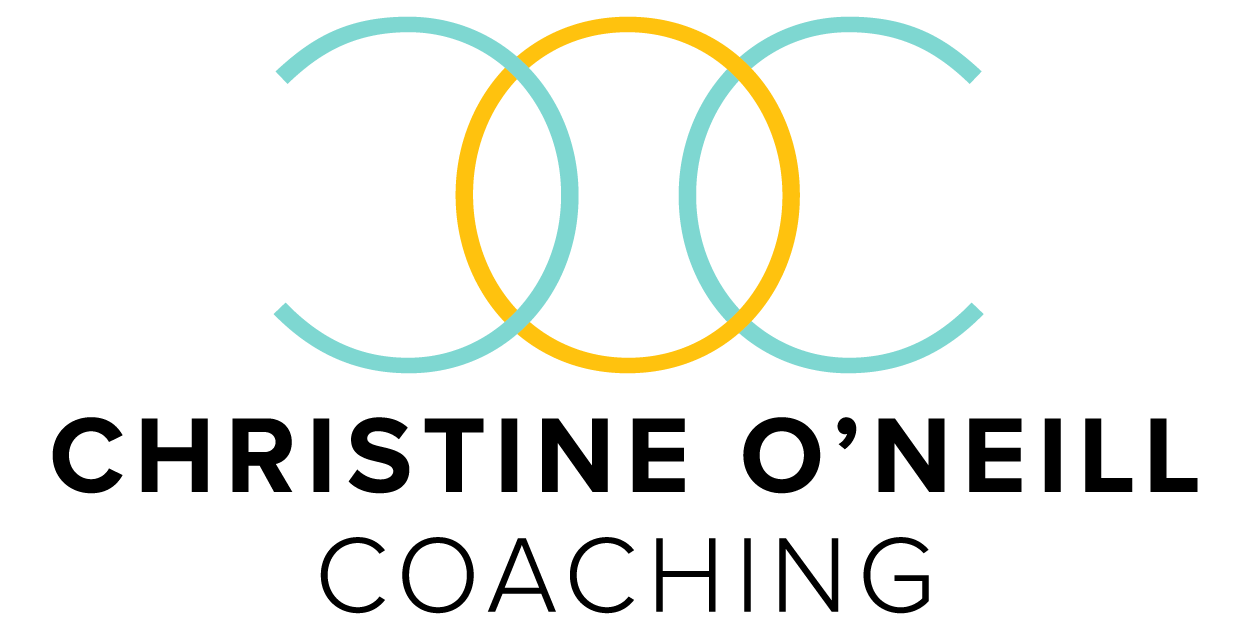Career Explorers: My Two Best Pieces of Advice
I was asked recently for my top two pieces of advice when thinking about career exploration. There’s a lot to it, but if I boil it down, I would say the two, admittedly broad, main things are:
1. Take the time to be curious.
Think about the things you love about your current work. I know, some of you may be saying, “Nothing!” But give it a moment to reflect. What are moments you enjoy? Maybe it’s a special project that fell outside of your day to day responsibilities, or a connection with team members. Write that down.
What do you find most interesting, fun or exciting? When have you felt really motivated? Or really accomplished? What skills were you using?
Now think about your previous job. Go through the same questions. Keep going back until your earliest job. Write down all the things that strike you.
Good? Great! Now it’s time to think about your extracurriculars: hobbies, interests, volunteering, things you studied, activities within high school, college, or outside of work. Write down all the things you love or loved to do. What is it about those things that interested you?
Take a step back and review your list. What patterns do you see emerging? Working with your hands, around certain types of people, being outside, doing something creative, making an impact in a specific way? Write down all the things you see. What do you notice? What types of work might include a few of these things?
2. Get the inside scoop.
When we latch onto something that’s interesting, there’s a tendency to want leap! And why not? You are excited and motivated about this new thing. It could be the answer to your happiness - so the time to start is now! This is especially true in mid-career, when a lot of us hit that 35-45 range and think, “Holy $#@&%*! If I’m going to make a big change I need to do it asap! I’m already 35!! Time’s a wasting.”
What I will tell you, from personal experience, is it will save you a lot of years, money and heartache if you take the time to explore that idea before jumping in feet first.
That means doing your research by talking to people in similar roles about the real day to day, including the pros, the cons, how much of the role involves doing the work that’s most interesting to you, what other tasks are involved, and the financial realities. Does it still fit what you imagined? If not, it might feel deflating at first, but think of all the time and money you saved by learning that before making a big change or getting a new degree. If it’s not the right fit, now you know, and can go back to your list of possibilities and start down a new path of curiosity. You’re one step closer.
What it comes down to.
When it comes to career change or your next career step, there’s often a real sense of urgency, a need to get to the solution as fast as possible. The truth is there usually isn’t just one answer, but a variety of paths that will bring you real fulfillment. If you slow down to ask the important questions, see patterns emerge, and follow the breadcrumbs, you are more likely to find real joy and success in that next career move.
One more small piece of advice.
This type of reflection and research will take some time. It can feel overwhelming to think about, making it hard to get started. So start small, one question at a time. Think of each breadcrumb as one action moving you closer to your goal.
I'd love to hear what you think! Any revelations?
Seem impossible to come to conclusions on your own? You’re not alone! Let’s explore together. Schedule a consult here: https://christineoneillcoaching.as.me/conversation
